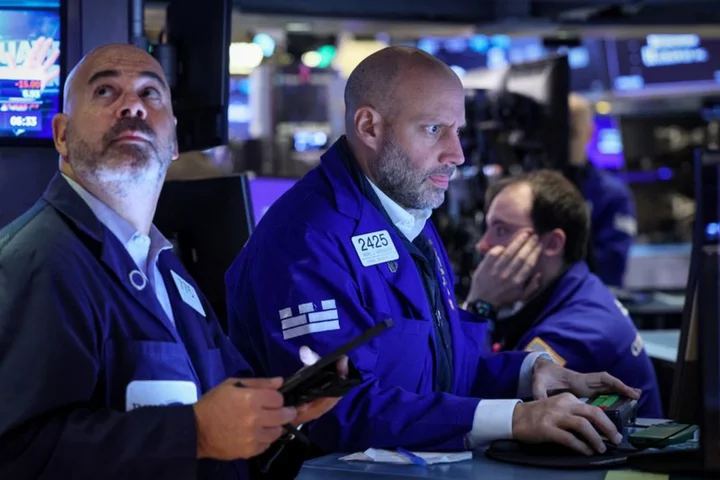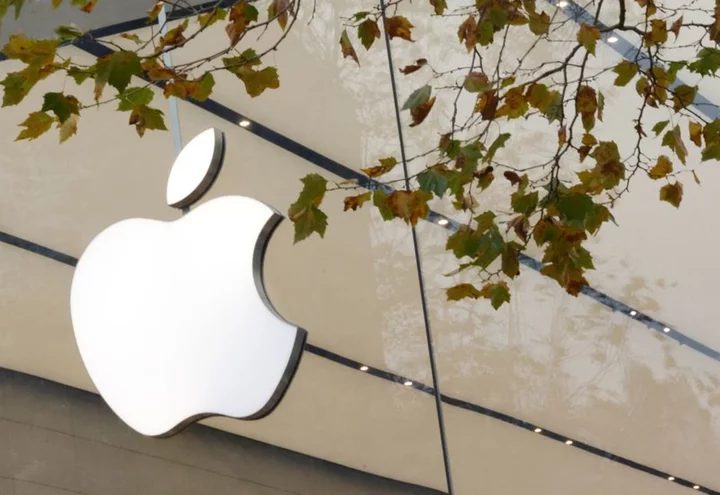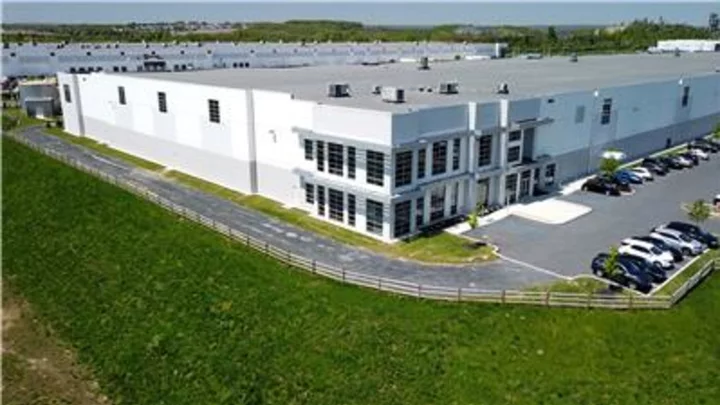By Howard Schneider
WASHINGTON U.S. Federal Reserve officials parsing whether to follow through with an expected interest rate increase later this month will receive key data Friday when a new count of payroll jobs for June is released along with data on wages and the unemployment rate.
While the Fed's primary focus has been on inflation numbers that have continued to run well above the central bank's 2% target with only slow improvement, the progress of the labor market is central to the Fed's hope of having it both ways - of fine-tuning policy in a manner that lowers inflation without imposing too heavy a cost on workers in the form of rising joblessness.
So far, the surprises have come in the other direction, with monthly job and wage growth proving far stronger than policymakers anticipated given the stiff pace of rate increases - a full 5 percentage points since the spring of 2022.
Data released over the last month showed the thicket of numbers the Fed is trying to understand. The unemployment rate rose to 3.7% in May from 3.4% the month before, but that remains low by the standard of recent years, and is less than the roughly 4% unemployment rate Fed officials generally think would be associated with enough slack in the economy to lower inflation.
Despite ongoing concerns about a possible economic downturn or recession, companies have continued to add workers and up their pay. Nonfarm payrolls grew 339,000 positions in May, far more than expected and well above the average of around 183,000 jobs added monthly in the years before the pandemic.
As of Thursday, economists polled by Reuters expect about 225,000 payroll jobs were added in June, but that estimate may face upside surprise risk after a report from payroll service provider ADP indicated private employers added nearly 500,000 jobs last month, far more than expected.
Average hourly wages as of May were growing 4.3% and, while slowing, that pace of increase remains above the roughly 3% level Fed officials feel is consistent with their 2% inflation target.
"The labor market remains very tight," Fed Chair Jerome Powell said at his press conference following the June 13-14 Federal Open Market Committee meeting, when policymakers decided to hold rates steady even as they indicated more rate hikes were likely coming later in the year.
But Powell added there were also "some signs" that the supply and demand for workers was coming into "better balance."
One bit of evidence that Powell has watched closely - the number of open jobs in relationship to the number of unemployed - fell in May to its lowest level since November of 2021, as the number of unemployed job seekers increased.
But the same report also showed a jump in May in the number of workers who quit their jobs, typically taken as a sign of labor market strength and a potential precursor of faster wage increases.
Job openings, meanwhile, have been falling, though at 9.82 million in May remain well above the roughly 7 million open positions common in the years before the pandemic.
(Reporting by Howard Schneider; Editing by Dan Burns and Nick Zieminski)









